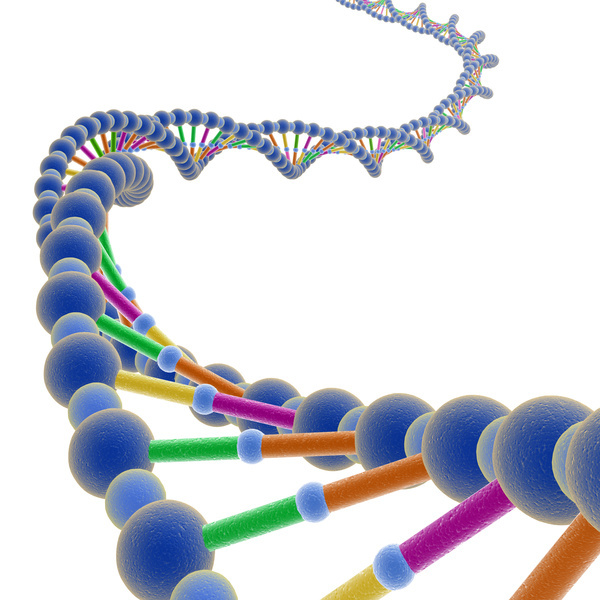Should Boy's Genes Get Him Kicked Out of School?

There are no longer summer camps geared toward children with cystic fibrosis. Though the genetic disease is not contagious, doctors found that children who attended the camps put each other at risk, spreading potentially deadly infections among their vulnerable lungs.
With the lessons of those camps in mind, schools now take special care to separate children with cystic fibrosis. But the administrators of a California middle school have taken these precautions one step further, ordering a boy to transfer schools not because he suffers from cystic fibrosis but because he has genetic markers associated with the disease, a decision that seems to conflict with medical understanding of the condition.
Colman Chadam, 11, was asked to leave Jordan Middle School in Palo Alto, because it was thought he might pose a risk to another student at the school who did suffer from the incurable condition, according to news reports. His parents are contesting the school's decision in court, claiming that because their son does not actually have the disease he does not need to be separated from children who do.
Colman's parents notified Jordan Middle School on a medical disclosure form that a test done 11 years ago showed their son had genetic markers for cystic fibrosis, according to the San Francisco Chronicle.
Cystic fibrosis is caused by defects in a gene that helps regulate mucus production throughout the body. These mutations can cause thick mucus to build up in the lungs, leading to breathing problems and life-threatening infections.
Defects in the gene associated with cystic fibrosis are relatively common, with about 1 in 29 Caucasian Americans carrying the mutation, according to the National Institutes of Health. But because the cystic fibrosis gene is recessive, children have to inherit two defective copies, one from each parent, in order to have the condition.
Laurie Fink, a spokeswoman for the Cystic Fibrosis Foundation, a nonprofit organization that funds research on curing the disease, said it is possible, however, for someone to carry two defective genes without showing signs of the condition.
Sign up for the Live Science daily newsletter now
Get the world’s most fascinating discoveries delivered straight to your inbox.
"Someone can have two defective CF genes and not be diagnosed with cystic fibrosis for a variety of reasons, including having nondisease-causing genes or genes that won't cause symptoms until later in life," she wrote in an email to Life's Little Mysteries, after consulting medical experts associated with the foundation.
The specific results of Colman's 11-year-old genetic screening are not yet publicly known. But because there are more than 1,800 identified mutations of the gene that causes cystic fibrosis, some disease-causing and some not, the accepted medical standard for diagnosis of the condition is not a genetic screening, but a sweat test that checks the levels of salt in a person's sweat.
Jennifer Chadam says that her son has never had lung problems or required treatment, and that he underwent a sweat test that came back negative.
Dr. Dennis Nielson, head of the University of California San Francisco Cystic Fibrosis Clinic, who spoke to the San Francisco Chronicle without specific knowledge of Colman Chadam's case, said that if a child has a normal sweat test and no pulmonary symptoms of cystic fibrosis, "that child is at absolutely no risk to the children that have classic cystic fibrosis."
Follow Life's Little Mysteries on Twitter @llmysteries. We're also on Facebook & Google+.










